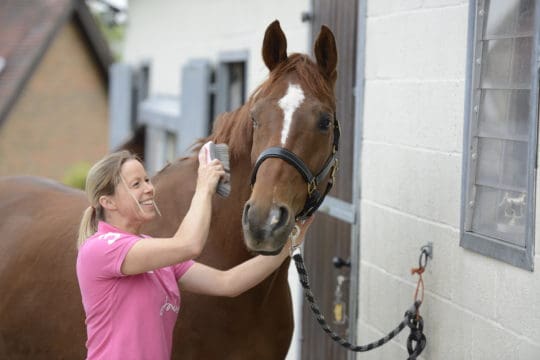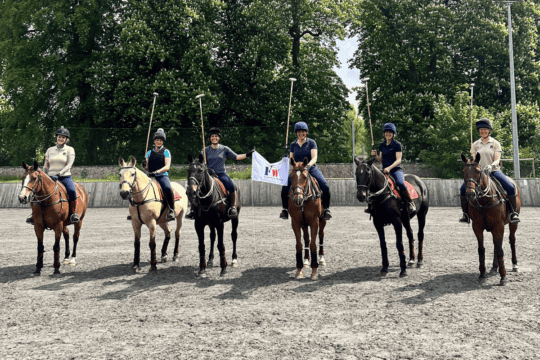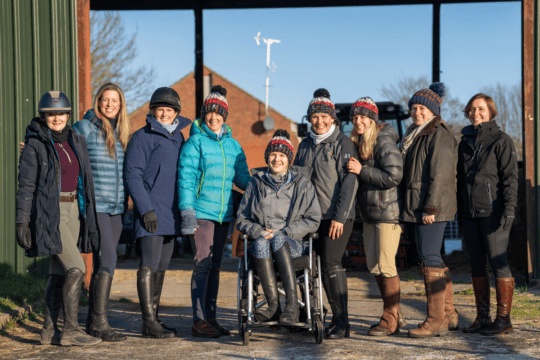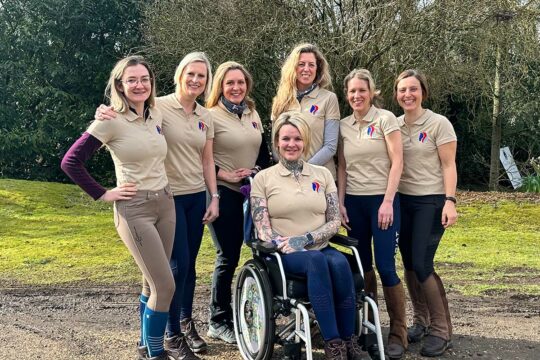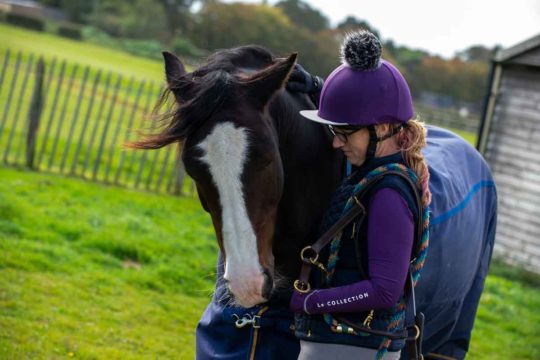
Most Read Articles
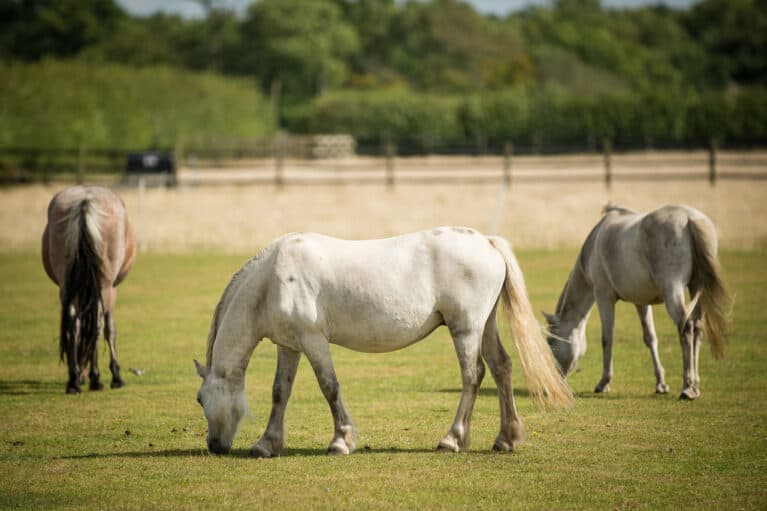
New survey aims to prolong an active and healthy life for senior horses
It’s estimated that one third of the world’s equine population is made up of veterans – horses aged 15 or older. However, despite this significant proportion, information on their management and health is limited.
A recent survey – conducted in the USA by Gluck Equine Research in association with Spillers, via the Waltham Equine Studies Group – aimed to shed light on the reasons why horses may be retired. This is the first step in finding out more about the risk factors for senior retirement and, ultimately, how active quality of life may be extended.
A total of 2,717 surveys were analysed, with 65% of respondents being leisure owners and around 35% equine professionals. Most of the horses in the survey were used for pleasure riding or driving (approximately 39%) or were in full retirement (approximately 40%). The results showed that…
- most horses (62%) were retired between 15–24 years of age, with health problems cited as the main reason
- mares had a higher risk of retirement than geldings
- just over 1 in 6 horses were affected by low muscle mass according to their owners
It was identified that horses with veterinary-diagnosed pituitary pars intermedia dysfunction (PPID), osteoarthritis and laminitis had a higher risk of low muscle mass, and geldings also had a higher risk of low muscle mass compared with mares – possibly as a result of low testosterone. Owner-reported low muscle mass was perceived to affect welfare and the ability to work in the majority of senior horses.
Sarah Nelson, Product Manager at Mars Horsecare (home of the Spillers brand), said: “This survey has highlighted several interesting retirement trends. With a better understanding of when and why senior horses are being retired, we hope, eventually, to be better placed to monitor for, prevent where possible and treat the underlying conditions early on, to help horses stay active and healthy for longer.”
Reflecting on the conclusions of the survey, Alisa Herbst, who led the study, said: “A prolonged working/active life may not only be desired by owners, but is also likely to provide health and welfare benefits to the horse. We hope the results of this study may be useful for veterinarians caring for senior or geriatric equines, by helping to achieve this.
“The information may aid in the investigation of disease affecting senior horses and in establishing senior-horse owner education programmes. The low muscle mass risk factor list may assist vets in identifying horses at risk of low muscle mass to be selected for close monitoring.
“Vets may also consider inclusion of an objective measurement of muscle atrophy, such as the muscle atrophy scoring system (MASS), in annual wellness exams, so that atrophy can be identified and managed as early as possible.”
For more information or to find out more about the MASS scoring system, visit spillers-feeds.com
Photo credit: Spillers

